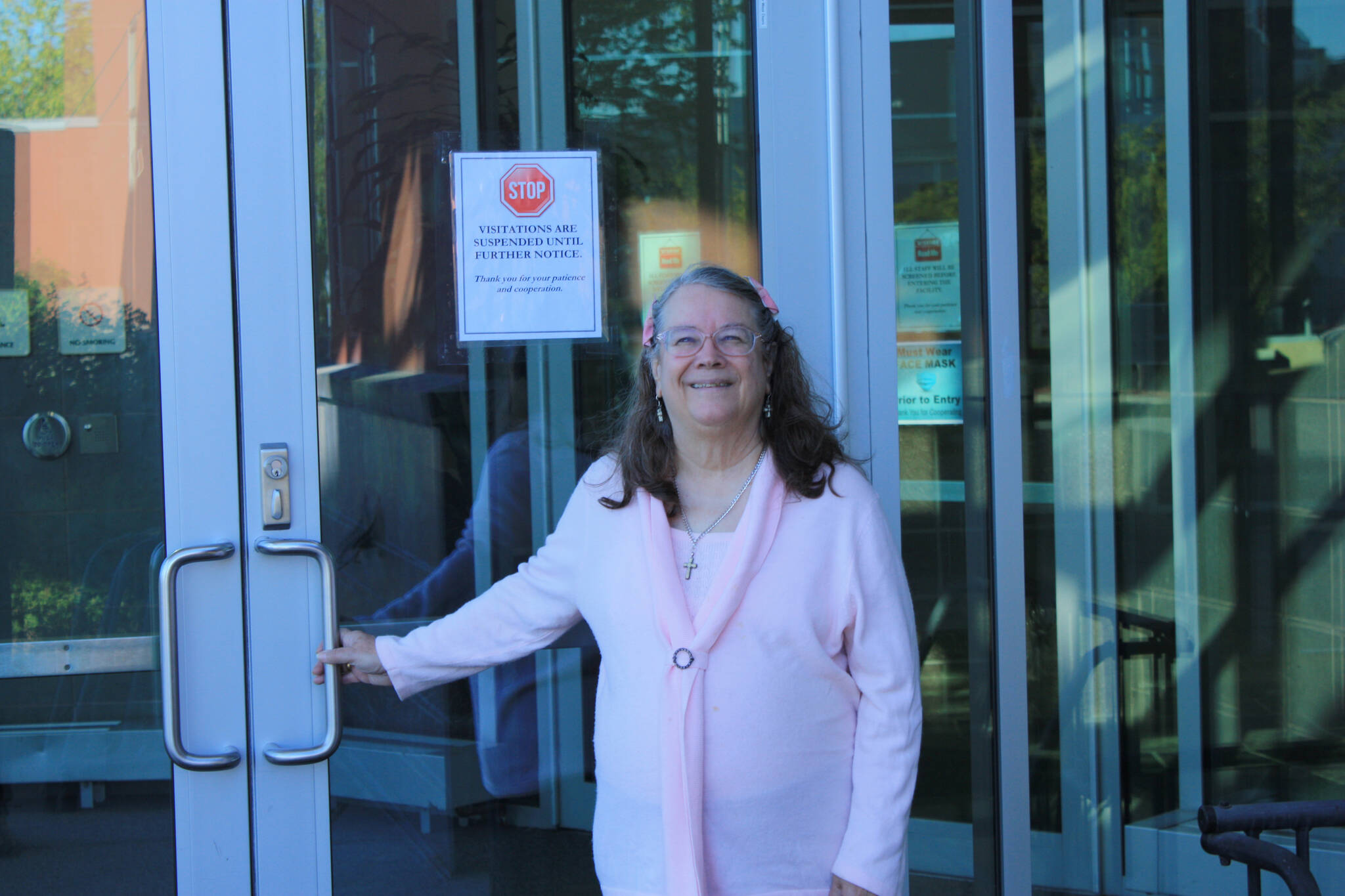Alaska has a dark history of supporting mental health policies that have allowed for the mistreatment of acute care psychiatric patients. It is time for the state to allocate funding for an independent research report on the effectiveness of psychiatric patient rights and care and let the chips fall where they may.
In 2016, the crisis in mental health care in Alaska was in full view of almost everybody. The state had a practice of shipping psychiatric patients from Anchorage to Fairbanks or Juneau for treatment or keeping them locked in jails or hospital waiting rooms. In defense of the state, the Department of Law spent about $50,000 in 2019 trying unsuccessfully to convince Superior Court Judge William Morse that the state was providing the best psychiatric patient care possible.
In answer to a court ruling, Governor Mike Dunleavy’s Administration introduced House Bill 172 and it was signed into law July 18th, 2022. There is a requirement in the law that a report must be sent to the legislature by the Department of Health and others with suggestions of needed improvements in psychiatric patient rights, quality of care, and outcomes. My apprehension is that the report will be made by many of the same people that tried and failed to convince Judge Morse that the state was doing a good job providing psychiatric patient care in 2019.
In my opinion, any report written by providers of psychiatric services on needed improvements in the quality of psychiatric patient care and rights must be supplemented by an independent researchers’ report. To my knowledge, in 25 years there has been no independent reports to determine if the psychiatric patient grievance and appeal process protects patients; if institutional trauma could be reduced; and if patient outcomes could be improved.
The Legislative Legal Services on January 26, 2015, made several important points that should be added to any independent report of the effectiveness of psychiatric patient rights and quality of care. The legal opinion points out that the Alaska legislature gave private and non-profit psychiatric facilities many of the powers and duties of the state, including the patient grievance and appeal process, with an
insufficient state standard of care and I would add, oversight.
The Department of Health and others must also provide the legislature with “An assessment of the current state, federal, and accrediting body requirements for psychiatric patient rights.” From my point of view Alaska depends too heavily on the federal government and hospital certification organizations for the protection of psychiatric patients. The fact is it is state laws and regulations that do the best job of protecting patients. And in many ways, Alaska state agencies and the legislature are at least 20 years behind best practice.
The hospital certification organizations and the federal government do not require an appeal process for a patient’s grievance with any specific standards. Psychiatric patients have a right by state law to bring their grievance to an impartial body, but the managers of the psychiatric facilities get to say “when.” There must be a patient advocate in psychiatric facilities, but the hospital managers get to say when and how the advocate will be available to patients, not the state.
As of now, the managers of psychiatric facilities or units have far more control over the quality of psychiatric patient care and rights than the state government. Psychiatric patients by law must be given a reasonable opportunity to go outdoors, use the phone, have visitors, etc. In what I consider a mistake, the legislature, up to now, has let hospital managers decide what is reasonable with very little state oversight or standards.
In 2016, the Alaska legislature called for an independent privatization study of the Alaska Psychiatric Institute. The study was not to determine if patients could be treated better, but if the state could save money. The cost of the study was around $200,000. The state also paid for an independent study costing about $30,000 to determine if staff members at API had a safe work environment. Neither report looked at what was happening to patients because of inadequate patient rights.
On January 21,2020, the state released the report, “Addressing Gaps in the Crisis Psychiatric Response System.” In 29 pages, state agencies tried to explain how they were going to fix Alaska’s broken mental health care system. There is not one mention in the report of how the state got to the point of a crisis or the long-term effect on patients.
The Alaska legislature wants fresh new ideas on how to improve psychiatric patient care, rights and outcomes. But it is posing the question to the same old groups that help set the policies that led Alaska into the crisis in mental health care. If the legislature wants new answers to successful patient policies, it must appropriate the funds for an independent research report.
• Faith J. Myers is the author of the book, “Going Crazy in Alaska: A History of Alaska’s Treatment of Psychiatric Patients.” Columns, My Turns and Letters to the Editor represent the view of the author, not the view of the Juneau Empire. Have something to say? Here’s how to submit a My Turn or letter.

